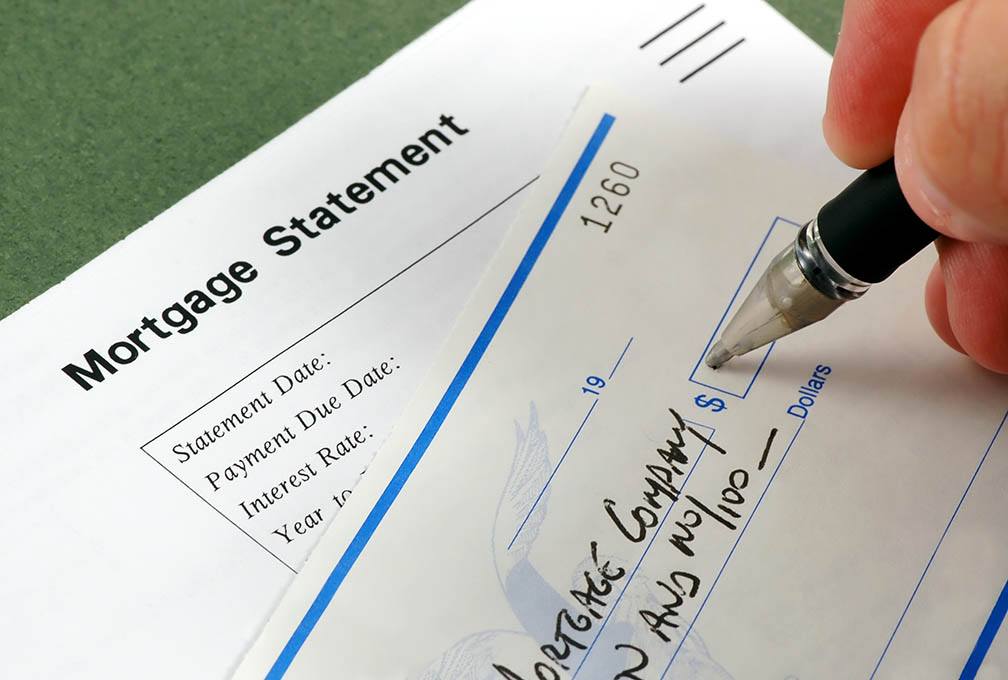 When it comes to real estate, there are always going to be upswings in the market that will have an impact on your mortgage payment and overall financial health. However, with a fluctuating market here to stay, you may be wondering how you can guard your biggest investment and your finances against rate increases. If you’re concerned about rates on the rise, here are a few tips to test out you’re fiscal well-being.
When it comes to real estate, there are always going to be upswings in the market that will have an impact on your mortgage payment and overall financial health. However, with a fluctuating market here to stay, you may be wondering how you can guard your biggest investment and your finances against rate increases. If you’re concerned about rates on the rise, here are a few tips to test out you’re fiscal well-being.
Calculate Your Debt-To-Income Ratio
It’s beneficial to determine your DTI ratio prior to purchasing a home, but since debt and housing costs are always fluctuating, calculating this number again can be a wakeup call. By adding up your monthly expenditures (including any debt), and dividing that number by your pre-tax income, you’ll be able to determine your DTI percentage. While it’s ideal to have a percentage of less than 28%, if your expenditures have risen above this number, it may be time to take a look at your monthly budget and see what you can cut out.
Do You Have Emergency Savings?
Many people make a habit of putting money into their retirement funds each paycheck, but it’s equally important to have emergency savings you can access in the event of car repairs, home maintenance issues or an unforeseen medical problem. While it’s often suggested that a person should have a minimum of 3 months of expenses at their disposal, saving more than this can make you even more prepared in the event that a rate increase requires you to dive into other funds.
Review Your Budget
It’s easy enough to have a monthly budget, but the hard part for most people is sticking to it on a day-to-day basis. If you’ve veered off the trail a little bit in this regard, sit down to review your expenditures and determine what your financial outlook would be if you experienced an interest rate bump next month. In the event that there’s very little cushion and no money for savings, it may be worth your time to craft a new budget that gives you a bit more wiggle room.
Many people are uncertain about what the short-term economy will bring for their mortgage rates, but by reviewing your budget and maintaining emergency savings, you can be better prepared for the future. If you’re currently considering purchasing a home, contact one of our real estate professionals for more information.
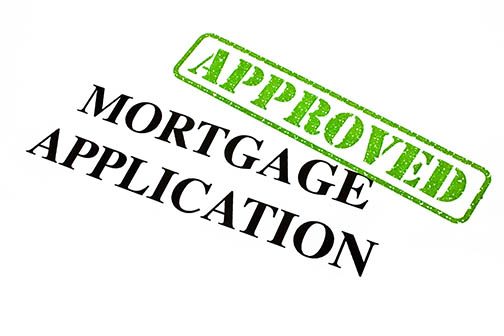 Whether they’re found online or heard from family and friends, there are so many mortgage tips out there that it can be hard to know exactly how to proceed. But, if you’re new to the market, there are a few surefire things you can do to get a mortgage rate you’ll feel good about. For some of the best tips on getting a great loan, look no further than the following.
Whether they’re found online or heard from family and friends, there are so many mortgage tips out there that it can be hard to know exactly how to proceed. But, if you’re new to the market, there are a few surefire things you can do to get a mortgage rate you’ll feel good about. For some of the best tips on getting a great loan, look no further than the following.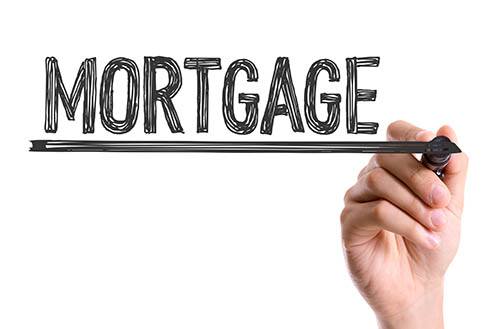 There is always uncertainty in the market in an election year, but many people are wondering exactly what kind of impact Donald Trump’s election will have on their mortgage and the real estate options available. Whether you are still paying off your home or have been shopping around for the right one, here are some possibilities for the real estate market following the results of the 2016 election.
There is always uncertainty in the market in an election year, but many people are wondering exactly what kind of impact Donald Trump’s election will have on their mortgage and the real estate options available. Whether you are still paying off your home or have been shopping around for the right one, here are some possibilities for the real estate market following the results of the 2016 election. The monthly mortgage payment can be burdensome for many, but it’s possible you’ve thought of trying to pay it down more quickly. Without getting a new job or working overtime, here are some tips you can use on a daily basis to save additional funds and pay off your mortgage at a swifter rate.
The monthly mortgage payment can be burdensome for many, but it’s possible you’ve thought of trying to pay it down more quickly. Without getting a new job or working overtime, here are some tips you can use on a daily basis to save additional funds and pay off your mortgage at a swifter rate. Many people are aware of the financial commitment that is involved when investing in a home, but what that amounts to is different for every person. From what you can afford to what a lender will allow, there are plenty of details involved in determining the right home for you. If you’re not quite sure what the right price is, here’s how to approach home ownership and determine your debt-to-income.
Many people are aware of the financial commitment that is involved when investing in a home, but what that amounts to is different for every person. From what you can afford to what a lender will allow, there are plenty of details involved in determining the right home for you. If you’re not quite sure what the right price is, here’s how to approach home ownership and determine your debt-to-income.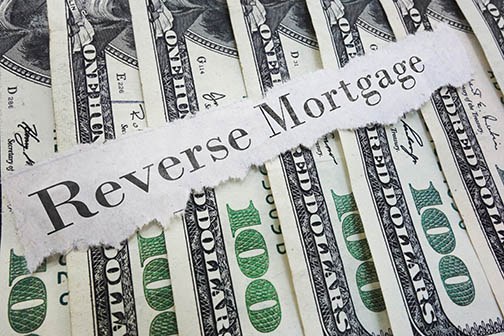 There are a variety of mortgage products out there that serve the needs of different homeowners, but for the uninitiated it can be hard to know what will work best for them. If you happen to be close to retirement and are looking at options that will be more financially beneficial for you, here are the details on a reverse mortgage and how this product can work for you.
There are a variety of mortgage products out there that serve the needs of different homeowners, but for the uninitiated it can be hard to know what will work best for them. If you happen to be close to retirement and are looking at options that will be more financially beneficial for you, here are the details on a reverse mortgage and how this product can work for you. There was a time when a higher percentage of people were married before they committed to buying a home together, but it’s a lot more common to co-habit and invest in a home together. If you’re considering the commitment of a mortgage without being married, here are some things to be aware of before you start searching the market.
There was a time when a higher percentage of people were married before they committed to buying a home together, but it’s a lot more common to co-habit and invest in a home together. If you’re considering the commitment of a mortgage without being married, here are some things to be aware of before you start searching the market.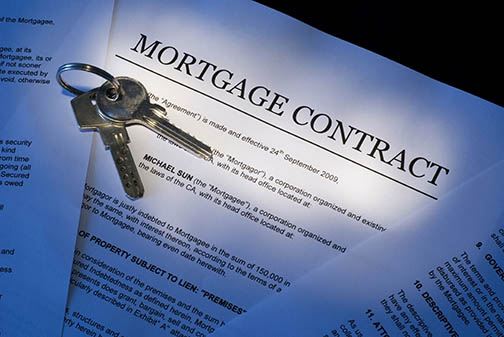 If you have a good credit history and are prepared to invest in a home, you may be feeling pretty confident about the mortgage process. However, it’s important to be aware that there are things that can have a negative impact on your application. Whether you’ve just submitted your documents or are getting close to it, here are some things you may want to avoid.
If you have a good credit history and are prepared to invest in a home, you may be feeling pretty confident about the mortgage process. However, it’s important to be aware that there are things that can have a negative impact on your application. Whether you’ve just submitted your documents or are getting close to it, here are some things you may want to avoid. There are a variety of factors that are involved in getting your mortgage approved, but few things will have more of an impact than your FICO score and the credit history that goes along with it. Instead of leaving your score up to chance when submitting your application, here are a few ways that you can boost your financial wellbeing and leave your credit score better off than it was before.
There are a variety of factors that are involved in getting your mortgage approved, but few things will have more of an impact than your FICO score and the credit history that goes along with it. Instead of leaving your score up to chance when submitting your application, here are a few ways that you can boost your financial wellbeing and leave your credit score better off than it was before. There’s a lot of flexibility and personal freedom associated with self-employment that can be a great benefit to your lifestyle and your pocketbook. However, because of the somewhat unpredictable nature of self-employment, it can make acquiring a mortgage a little more difficult. If you’ve recently become self-employed or have been in the game for a while, here are some things you may want to consider before submitting your mortgage application.
There’s a lot of flexibility and personal freedom associated with self-employment that can be a great benefit to your lifestyle and your pocketbook. However, because of the somewhat unpredictable nature of self-employment, it can make acquiring a mortgage a little more difficult. If you’ve recently become self-employed or have been in the game for a while, here are some things you may want to consider before submitting your mortgage application.